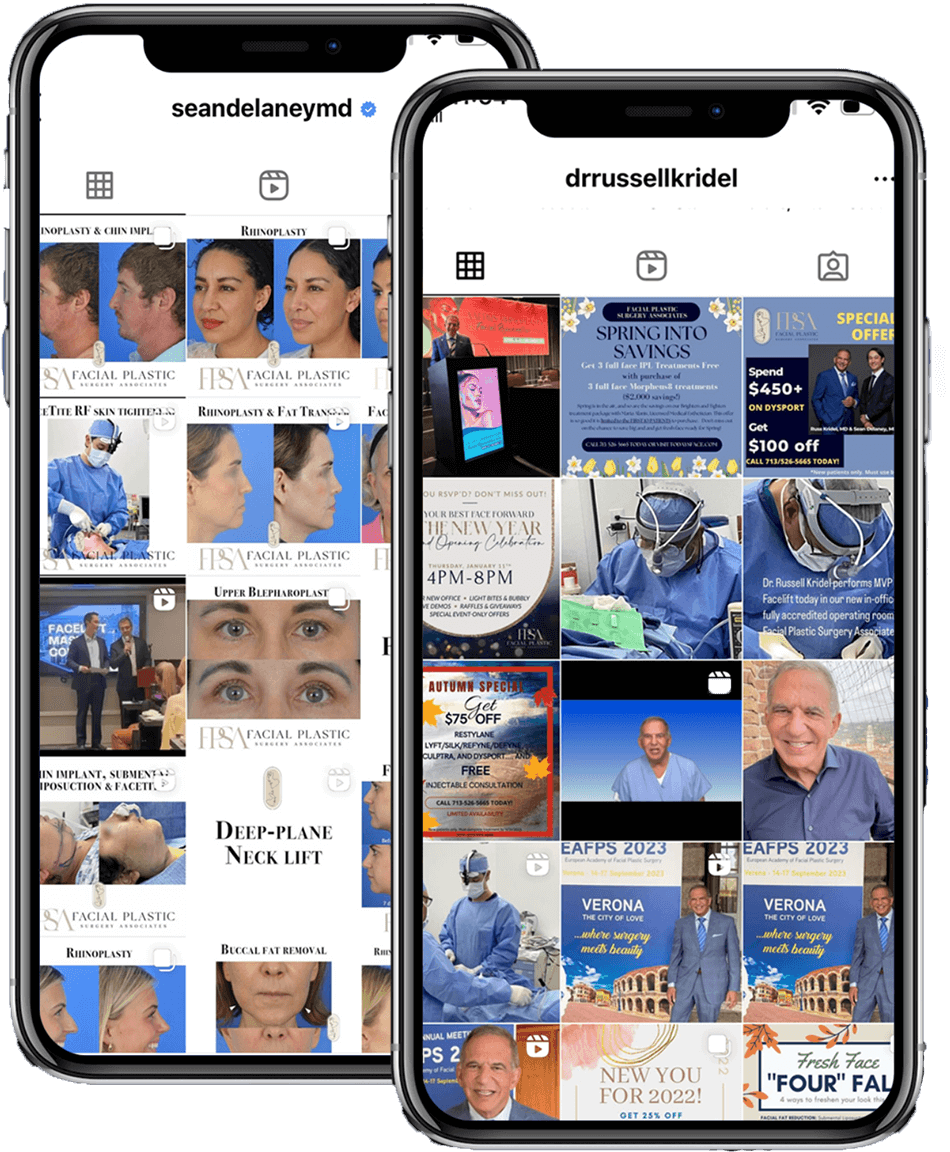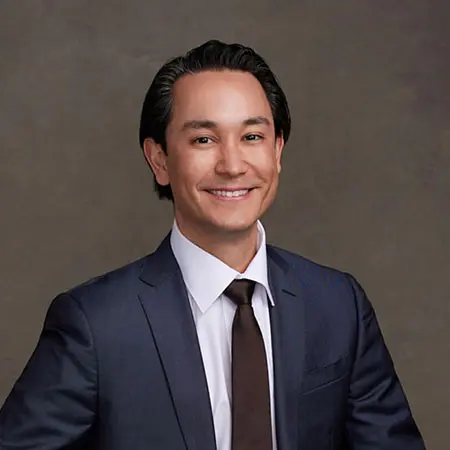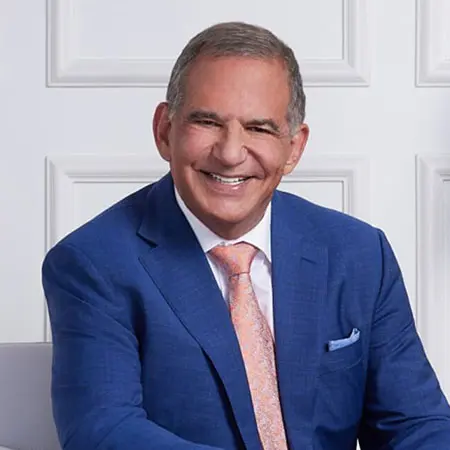October 28, 2009 | Revision Rhinoplasty
3 minute read
What patients often don’t understand is that all noses are different and so are the surgeons that operate on them. And, of all the surgeries in the discipline of facial plastic surgery, a Houston rhinoplasty (the cosmetic reshaping of the nose) is the most challenging operation of all. On a national average, about 20% of first time rhinoplasties undergo some degree of revision.
Noses are especially difficult because they not only have to look good but they also must breathe well. Making a nose too petite or defined may compromise how well one can breathe by decreasing the strength of the structures that keep the nasal airway open. Nose surgery is improving technically because facial plastic surgeons have learned that doing less is often preferable; over time noses change and a nose that looked good right after surgery may twist or heal irregularly with time, especially if structures have been aggressively trimmed. The majority of surgeons will not leave the operating room until everything looks good. But no surgeon can control the healing process.
When the nose is narrowed by bringing in the bones, one of the bones can settle more than another and the nose can look crooked. Or in the process of the bones healing, a bump can appear in the re-modeling process. Or the healing process can cause the tissue to contract unevenly and cause one side to look different than another. Or, if the nose was crooked to begin with, and even if the nose was straightened by the surgery, the cartilage can twist back because of intrinsic memory.
So, knowing that some noses will need revision surgery no matter how good the surgeon is, how do you improve your odds of getting a good result? Number one, we know experience counts. If you have to have heart surgery, you would want your surgeon to have done several hundred to thousand before he touches you. That desire should be even stronger for nose surgery (or Houston revision nose surgery), since all noses are different. Choose your facial plastic surgeon well. Pick someone who also has ENT (Otolaryngology) experience as well so your breathing can be preserved or improved. And select a surgeon who performs revision rhinoplasties routinely, at least 40 or more per year.
Please check back soon for part two! In the meantime, feel free to contact our office to schedule a consultation.
-Russell W. H. Kridel, MD, FACS Houston, Texas




